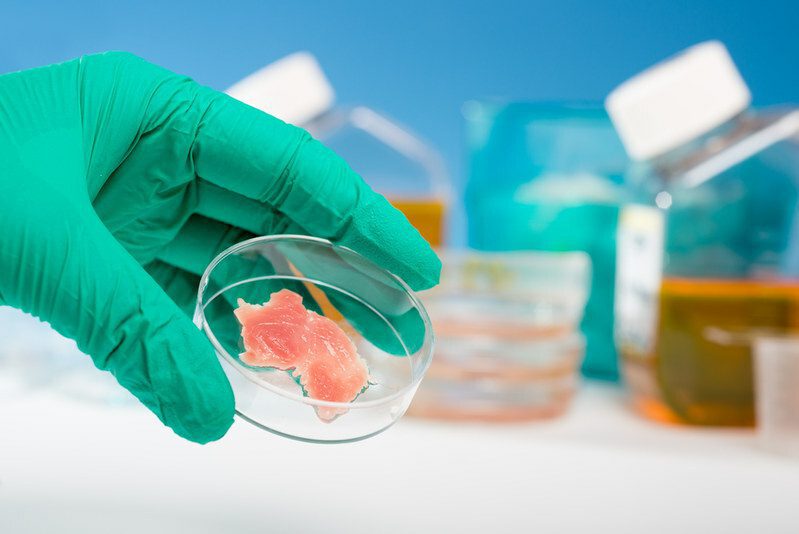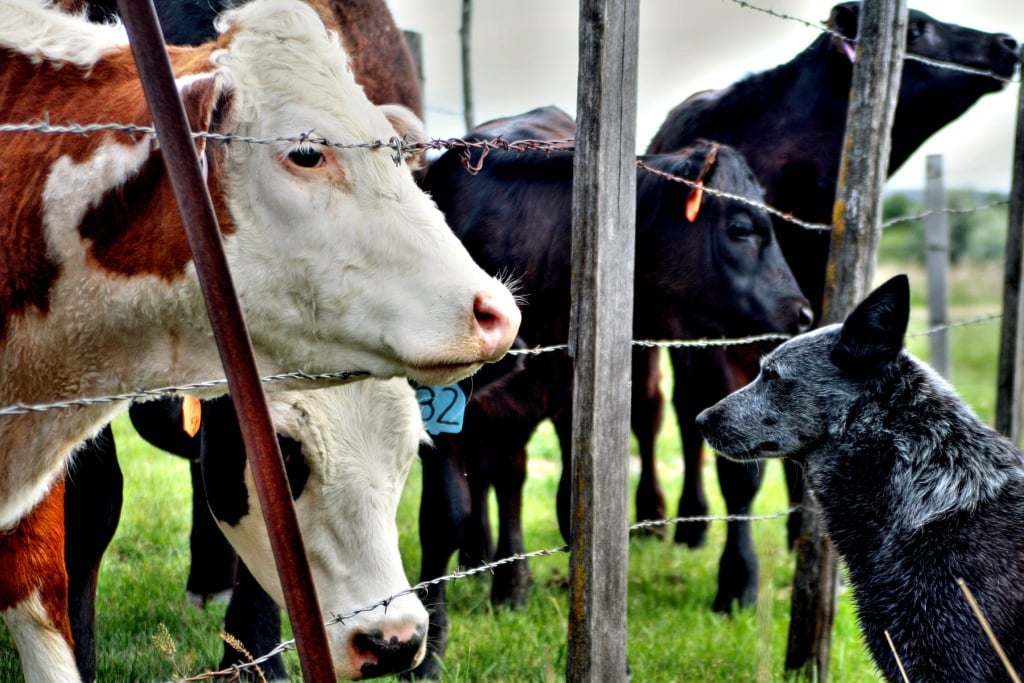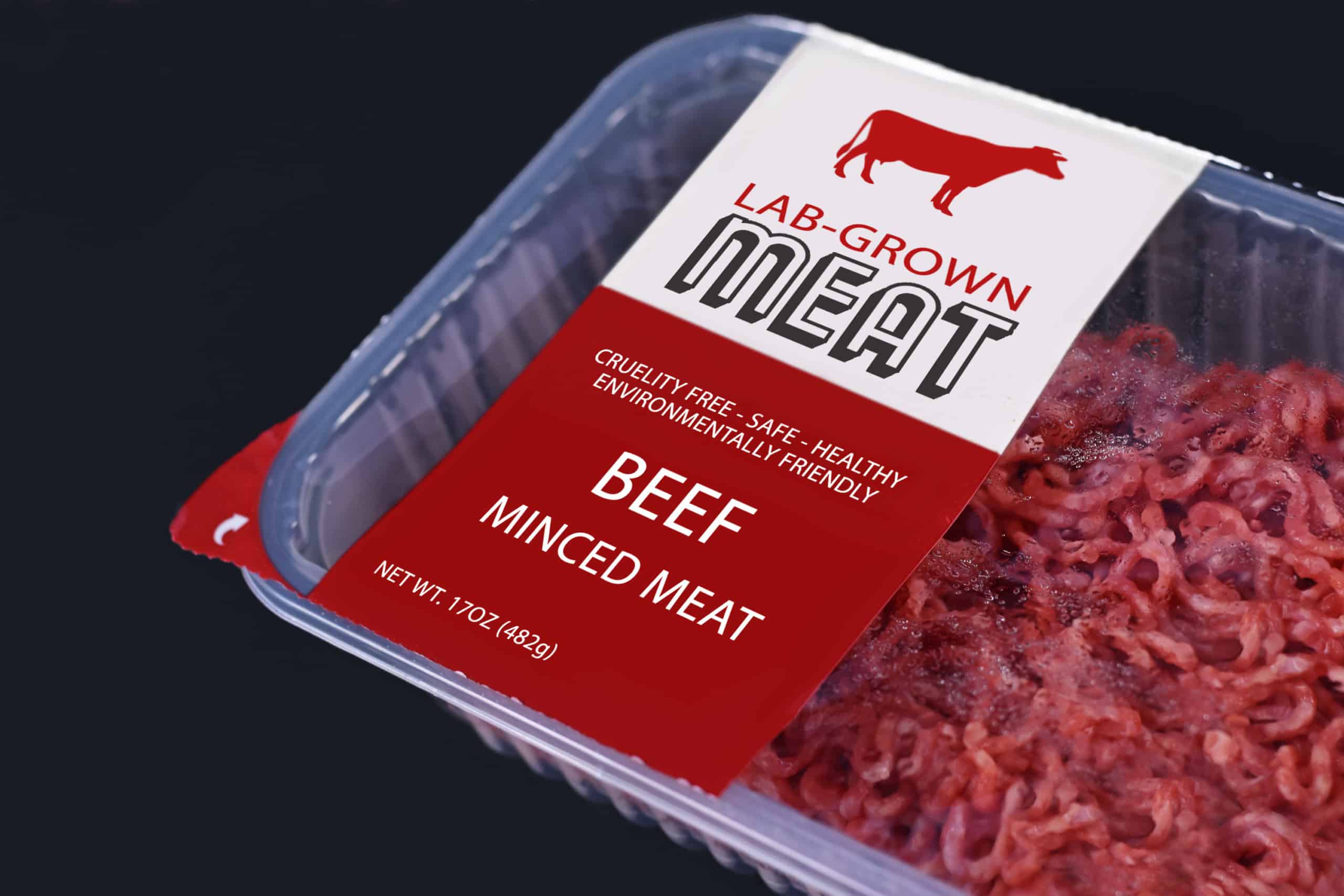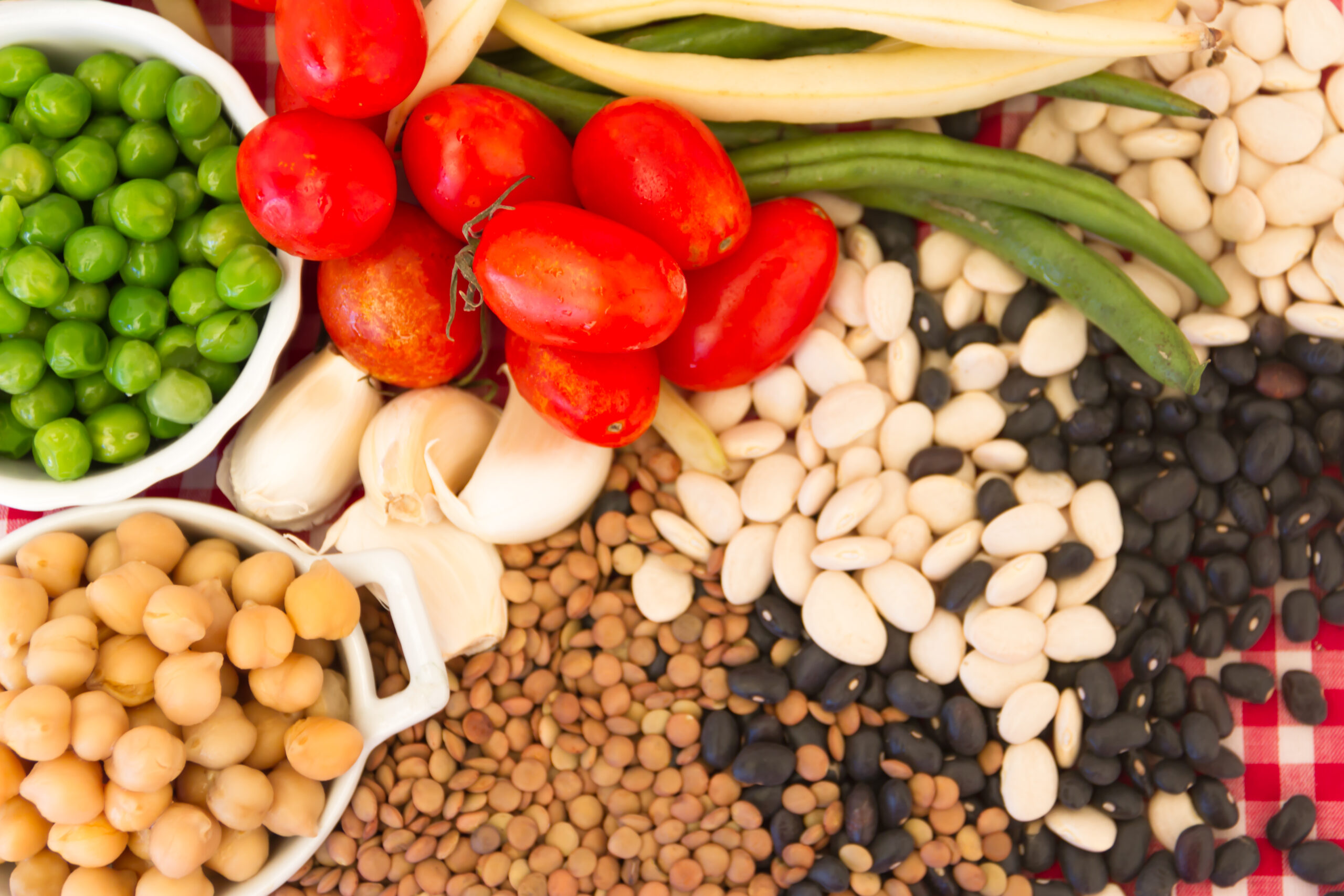Alex Mayers is the newly appointed managing director of the Good Food Institute Europe, having stepped up into the role last month after three years as head of operations.
Alex’s career includes experience working with communities in different parts of the world that are highly impacted by climate change, for example, in the Philippines, addressing conflicts related to land and watershed management. Having witnessed how changing climate affects even secure communities, Alex gained an understanding of how these impacts, often overlooked in Europe, will worsen over time.

What was your personal motivation to get involved in sustainable proteins?
Before joining the Good Food Institute Europe, I’d spent my career working with communities facing increasingly precarious existences due to climate change – from the southern Philippines to rural Kenya. But we are now facing the starkest signs that the climate crisis has arrived in Europe, and we’re living in a world crumbling under the strain we’ve placed upon it.
Climate change threatens people’s lives and livelihoods, and nowhere is it felt more acutely than in our food system – crop losses due to drought and erratic weather have tripled in Europe over the last 50 years.

We need to develop a better and fairer way of feeding ourselves and move away from the current inefficient and damaging system that sees 70% of EU agricultural land used to feed farmed animals.
As well as tackling climate change, sustainable proteins are a key part of the solution to many challenges facing Europe, from food security to looming health issues such as antimicrobial resistance. I can’t think of a more impactful way of spending my time than to lead an organisation dedicated to putting this overlooked solution on the table and turning it into a reality.
What will be the focus of your work?
GFI’s role is to build the roadmap to this future and to work with others to bring the change needed to make sustainable proteins a success, and I’ll be providing all the support and guidance our growing team needs to make this happen.
This work ranges from scrutinising proposed restrictions on plant-based labels and cultivated meat production, to establishing university research hubs to providing companies with crucial consumer insights. But I’ll also spend time building the profile of sustainable proteins in European countries where we know there’s a growing appetite for these foods and a huge potential for growth, but haven’t yet seen much investment or political support.

I’m constantly blown away by the talent that exists within our team, but we’re still fewer than 30 people, and we won’t be able to achieve this on our own. So I’ll also focus on building an ever bigger pool of knowledgeable and inspirational allies we can work with across more countries, generating excitement about sustainable proteins everywhere from Lisbon to Latvia.
** Click here to read the full-text **









